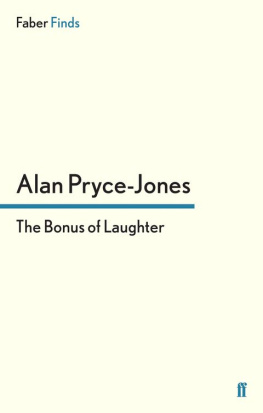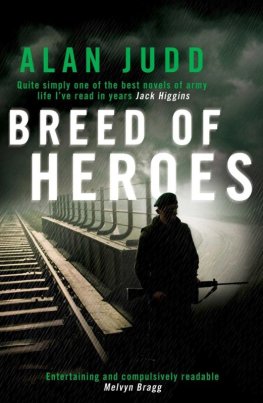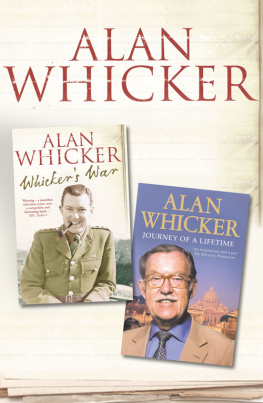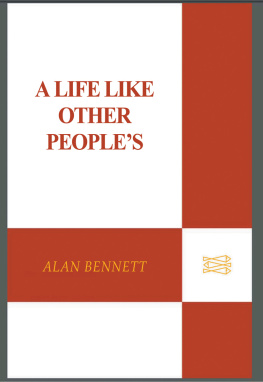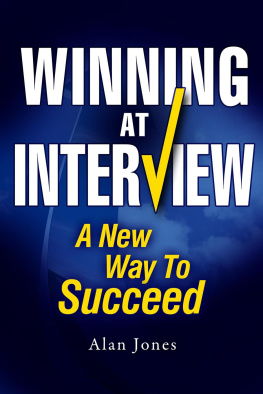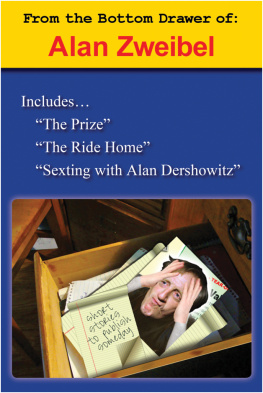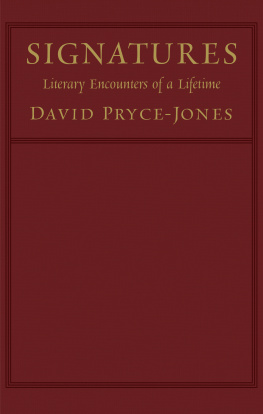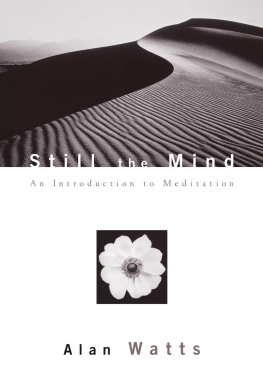I made hay while the sun shone.
My work sold.
As I lose hold.
I ARRIVED AT Eton in the afternoon of January 22, 1922. My father, bowler-hatted, and my mother, carefully dressed down for the occasion, were with me, and we brought between us a hip bath of brown tin, a folding chair upholstered in red rep, and a few suitable pictures by Cecil Alden it might be, bright with tally-ho heartiness.
It was not a happy day. My room in Cotton Hall House looked down on the lavatories, which echoed with regular regurgitations, and smelled commandingly of Jeyes Fluid. There was a folding bed in one corner, a deal burry for clothes and books, a wall cupboard for tea-cup and plate, a red-covered ottoman for gym-shoes and flannel shorts, and by the grate a coal-scuttle, only filled three times a week for a fire to be lit in the evening. Four days of that week I could, in winter, write my name in the damp on the meanly-flowered wallpaper.
We had called on mtutor, Mr Whitworth, a florid schoolmaster with a slightly dotty wife, and on mdame, Miss Dix. I was the only new boy in the house, and so I was briefly an object of curiosity. I had never before been sent to a boarding-school, partly because my parents simply forgot, and partly because I was thought to be so precociously clever and so highly-strung that I was daily in danger of a brainstorm. That this was utter rubbish did not prevent my undergoing a lamentable apprenticeship to life, held back from any possible proficiency in learning, schoolboy athletics in those days the main commitment of school existence or plain awareness of the world, except from the hothouse comfort of an overheated nursery, or, worse, an overheated drawing-room.
So there we sat, in a miasma of Jeyes Fluid, while partly I dreaded the moment of being left alone, and partly I longed for it, so as to celebrate my escape into the society of other boys.
From this distance of over sixty years I look back on the three of us as though on a faded danguerreotype. My father is very much the colonel, with mouse-coloured hair and moustache, gold watch-chain he considered wrist-watches, like suede shoes and, Heaven knows, pocket-combs, marks of the beast (an effeminate beast); my mother ran to strapped shoes, mink capes, a regimental brooch in diamonds the Coldstream, of course and sufficient but not obtrusive pearls; I, to judge by surviving photographs, have a deceptively angelic appearance, inevitably muffish and on this very day no doubt glandular with emotion. We sit by the empty grate with nothing much to say, while from the passage outside my room sounds the scuffle of small boys arriving after the Christmas holidays, the scrape of suitcases on linoleum, and a banging door or two. I remember hoping not to cry.
I suppose no parents can have tried harder than mine to deserve well of their children. They were endlessly loving and unselfish, endlessly, also, at odds with reality. That they had children at all seems to me today prodigious. True, my only brother and I were separated by eleven years, a world war, and a sequence of miscarriages. We did our best, my brother especially, to sing out our descant to the throbbing voxhumana of parental love. But it was our parents fate to repeat with their sons the impasse which blocked their pleasure in each other. Each was so set to fall in with some presumed desire that very seldom did either even approach the satisfaction of a wish. My father suggested plans, pleasures, excursions, because he thought they would please my mother; my mother agreed to something she did not at all want simply because she thought it would please my father. Both were wrong. And similarly my father was always putting himself out in order to teach me swimming, riding, shooting: all of which I detested, muff that I was.
Now that both of them have been dead for a generation, now that it is too late by so many years, I see them more clearly and love them more than when they were alive. On that particular day at Eton they must have been utterly themselves, my father casting his mind back to old cricket matches on Upper Club, hearing an ancient voice from the Nineties calling to the cricketers, Water Boils! as the match broke off for tea, telling little tales of Toddy Vaughan, his housemaster, and of old Dr Warre, and of the day when he represented Wales at Queen Victorias Diamond Jubilee procession through the streets of Eton and Windsor; my mother trying to slip into my hands unnoticed the little leather-bound book into which she had copied the ninety-first psalm as a talisman: had it not brought her brother safely through the Battle of Mons?
And then I was alone. One had a frugal supper, prayers, and lights out at 9.15. The next day the big boys of the school were to arrive, athletic giants of fifteen, and the day after the very big boys, among whom one, Dunglass, later Home, paid me a visit on the instructions of shared relations. He was in Pop, he could wear coloured waistcoats and seals on his top-hat, and he deigned to instruct me in the rules as they affected small boys: which side of the street to walk on, the need to keep a great-coat collar turned up, the simple procedures of fagging. No one could have done it better; he hit exactly the right note of friendly distance, and I could have foretold, nearly forty years ahead of the time, that one day he would be chosen Prime Minister.
My first years at Eton were happy ones. Hopeless at games, I managed to win a few silver cups for shooting on a miniature range when my neighbour (I thought) accidentally shot bulls-eyes on my target; for winning a quarter-mile race out of plain agoraphobia (I ran fast in order to get away from the rest). I did very little work, but I had a talent for passing exams by cramming my brain at the eleventh hour, so that I soon acquired shelves of morocco-bound prizes, to the distress of Mr Whitworth, who knew perfectly well that though I might do brilliantly on Tuesday I should have forgotten my sudden skills by the week-end.
But after a year or two I became bored. My parents, expecting the worst, launched my school career by promising to take me away when I wished it. But when I did wish it, longing to learn a foreign language in France or Switzerland, they refused flatly. People would say that I had been sacked, they told me. They reminded me of their sacrifice in keeping me at Eton; they reminded me how happy I ought to be, with my morocco-bound books and my tiny athletic triumphs, like winning the house fives only because I was partnered by the hefty son of a Bishop.
There were, of course, compensations. One was the friendship of M. R. James, the Provost, who used to ask me to dine in the shadow of Handels organ, give me excellent claret, and send me back to Mr Whitworth at a delightfully late hour. Another was the occasional breakfast with the Headmaster, Dr Alington, marred only by his habit of picking on one small shy guest and reducing him to tears in order to amuse the rest of the company. And then there were the moments when one could forget one was at school: Sunday walks up the river, between banks of Queen Annes lace, or under the great elms, now felled, which formed avenues up the Long Walk in Windsor Forest; or bicycle rides with dear Miss Dix, or illegal visits to raffish neighbours, like (surprisingly) Tallulah Bankhead, who gave us a Sunday cocktail before evening chapel.
Most of those who claimed Tallulahs friendship were caught by masters. They lined the streets by her house to protect the morals of the school. But I and my friend Tony Wilson used to order a taxi into the yard of the White Hart and travel on the floor with a rug over our heads, and we got away with it. For, as in all schools, outwitting the authorities kept us constantly happy. I remember being taken out by a raffish friend in his 45 h.p. Renault, a great yacht of a car with scarlet leather seating and a mahogany body studded with gold nails. Naturally, I insited on driving it, and on the outskirts of Maidenhead I was dashing along when I saw my tutor sedately bicycling just as he saw me, wobbled in rage, and fell off. I made my friend drive me at reckless speed back to Eton, and at once rehearsed a contemporary in a different version of the afternoons activities. I had played fives. I had won the first game 157, and lost the second 815; I had all but sprained an ankle; and so on in careful detail. Eventually my tutor returned, and I was sent for. In Maidenhead, sir? But I was playing fives with Akers-Douglas. Leave the room. Send Akers-Douglas in. We were separately interrogated for half an hour, but as our rehearsal paid off, and we told exactly the same lies in minute detail, I got away with that too. On such occasions one used to put ones face temptingly close to Mr Whitworths right hand, because if he were to hit one he could be reported to the Headmaster. He became purple, his fingers stretched from his cuff, but hit one he never, alas, did.

